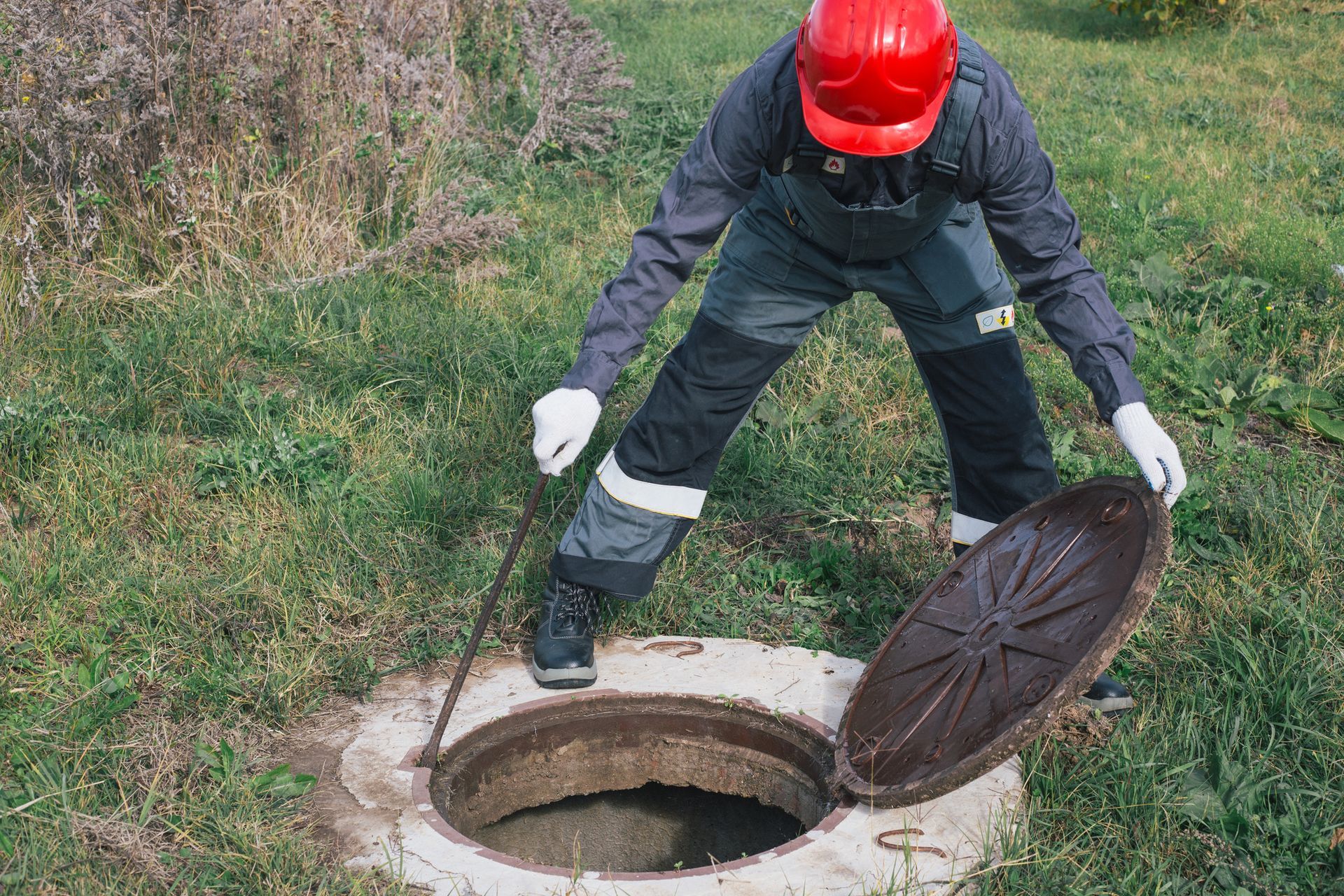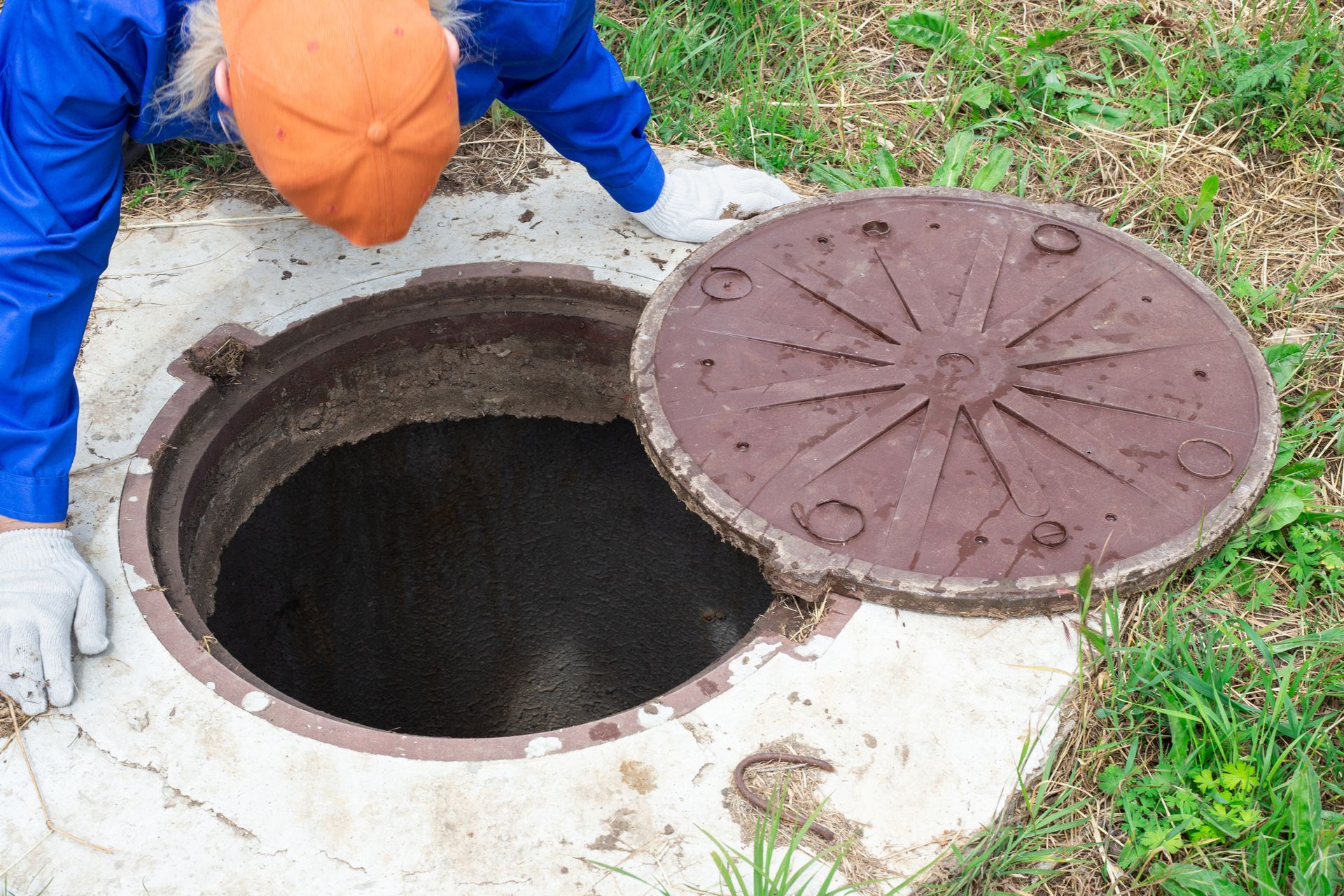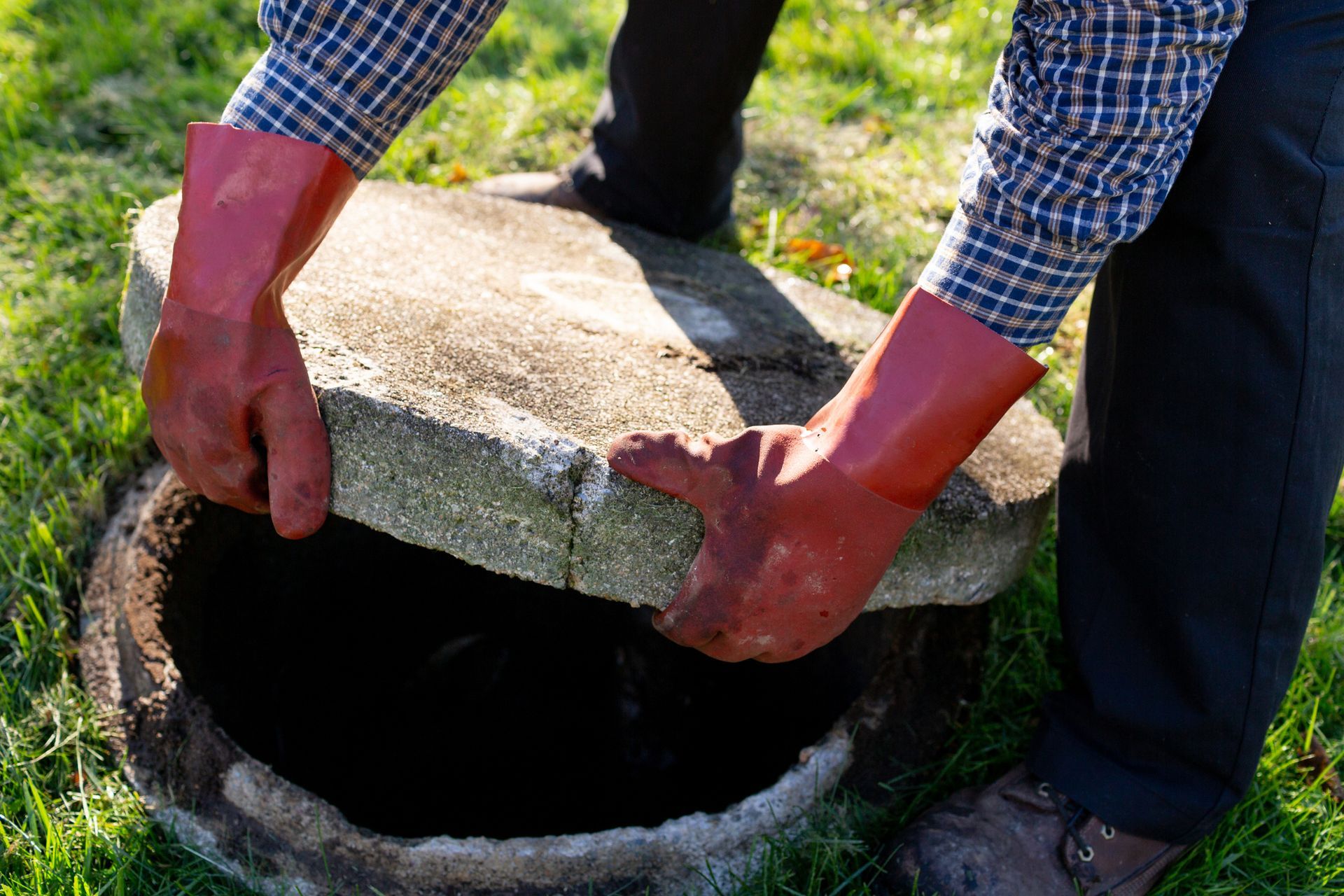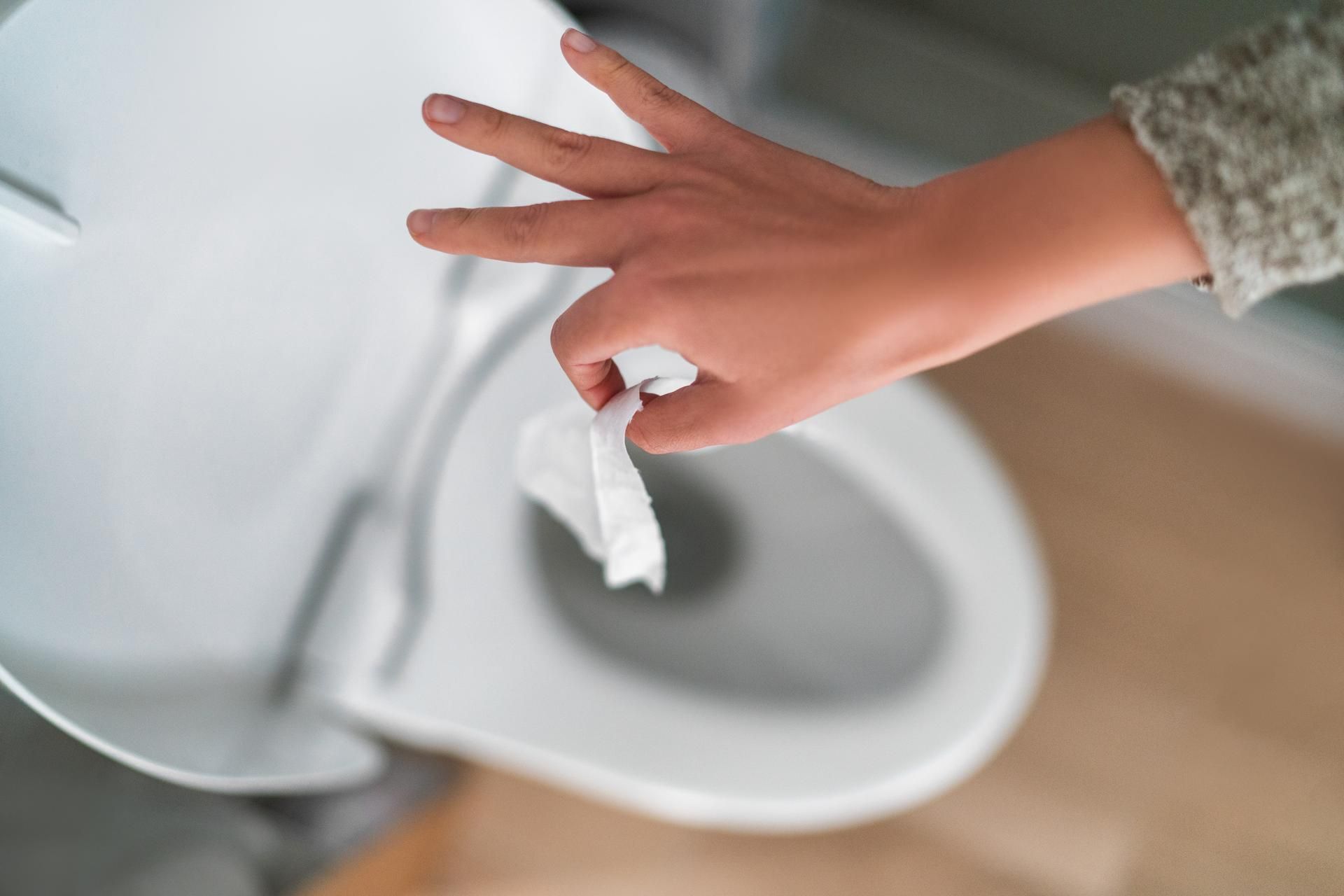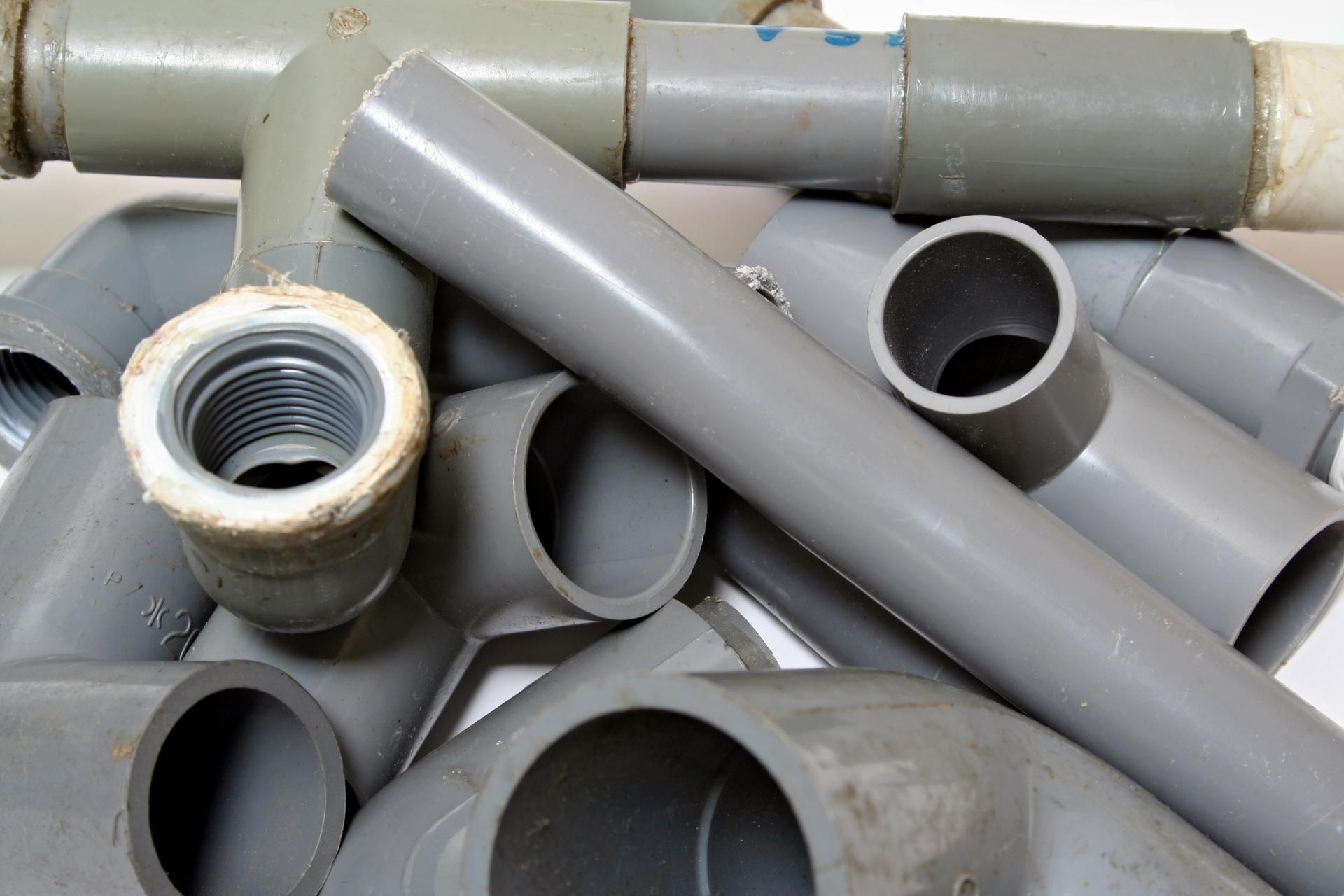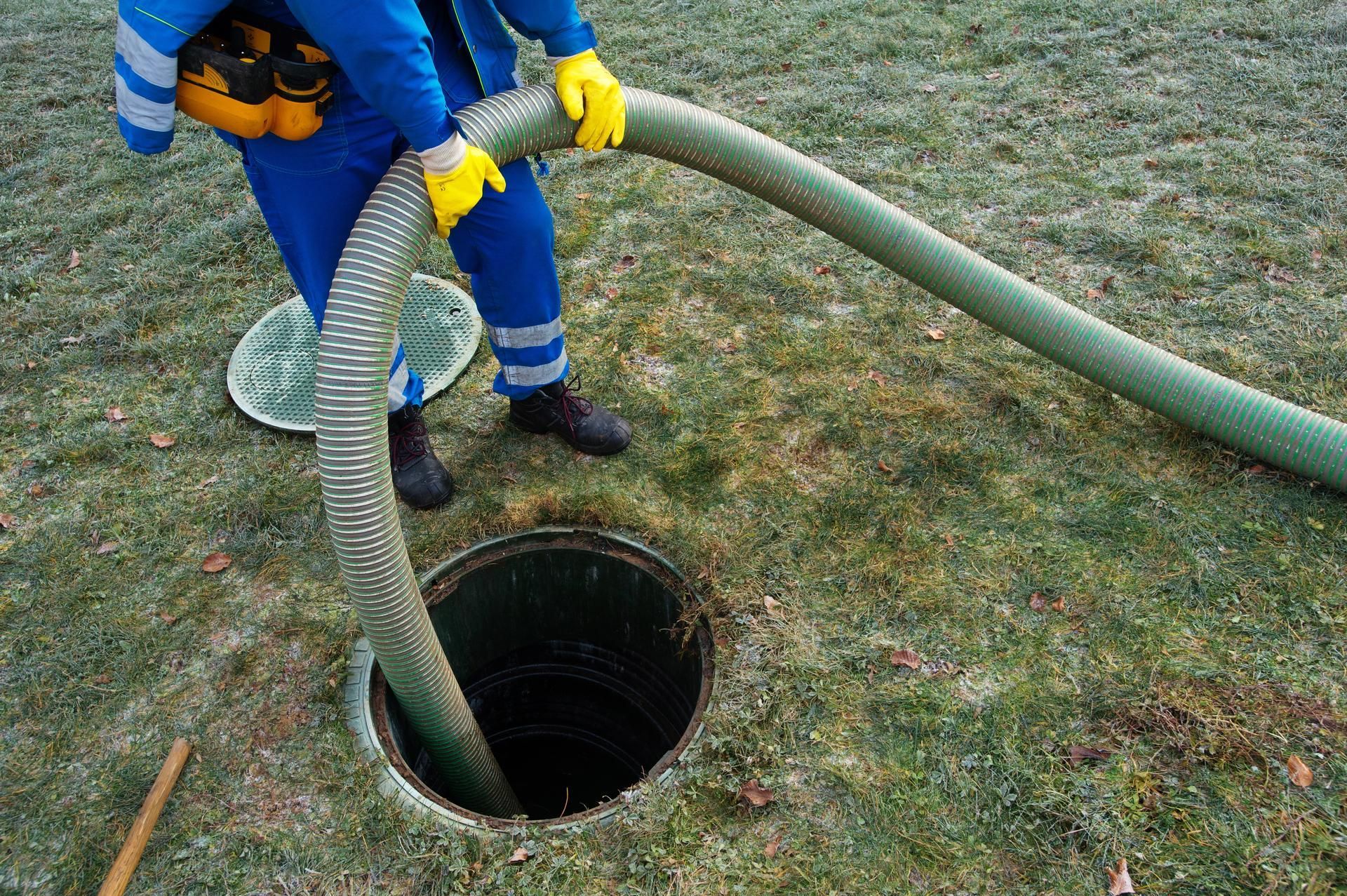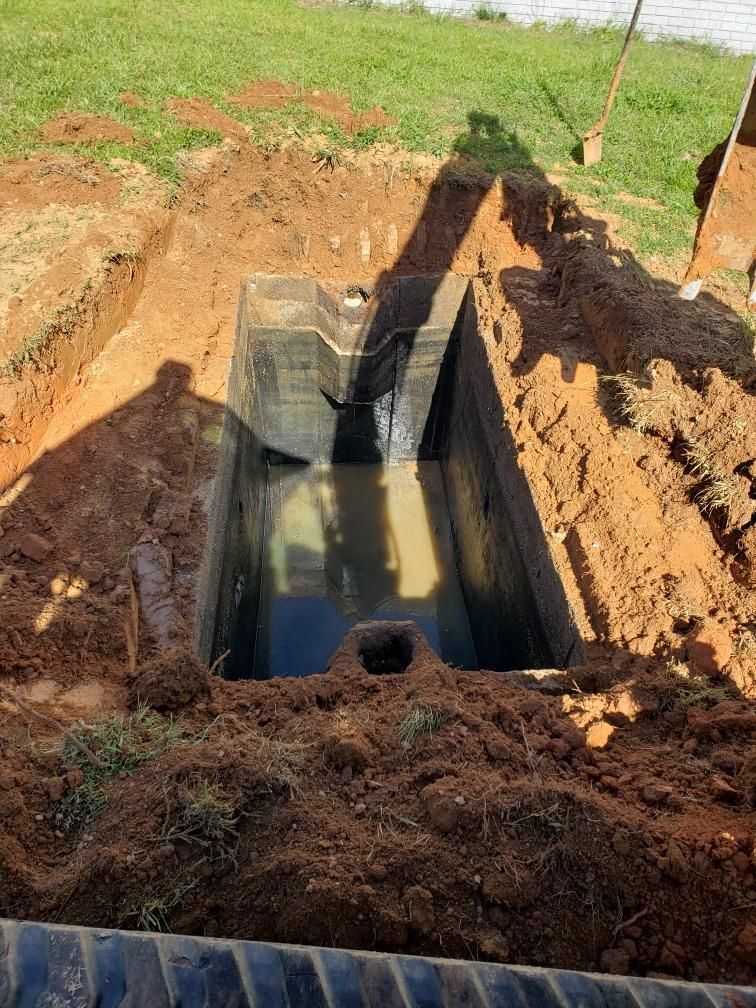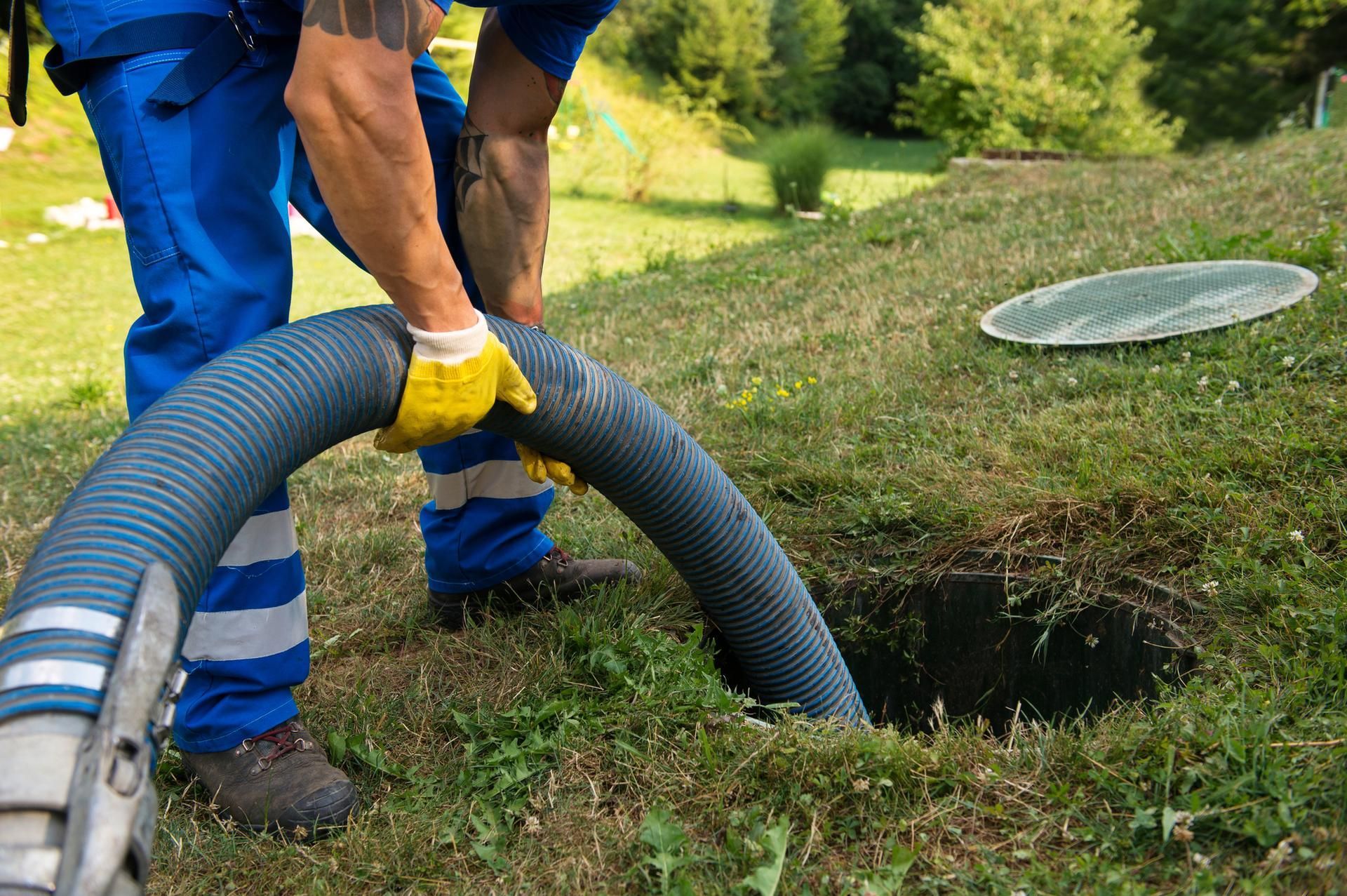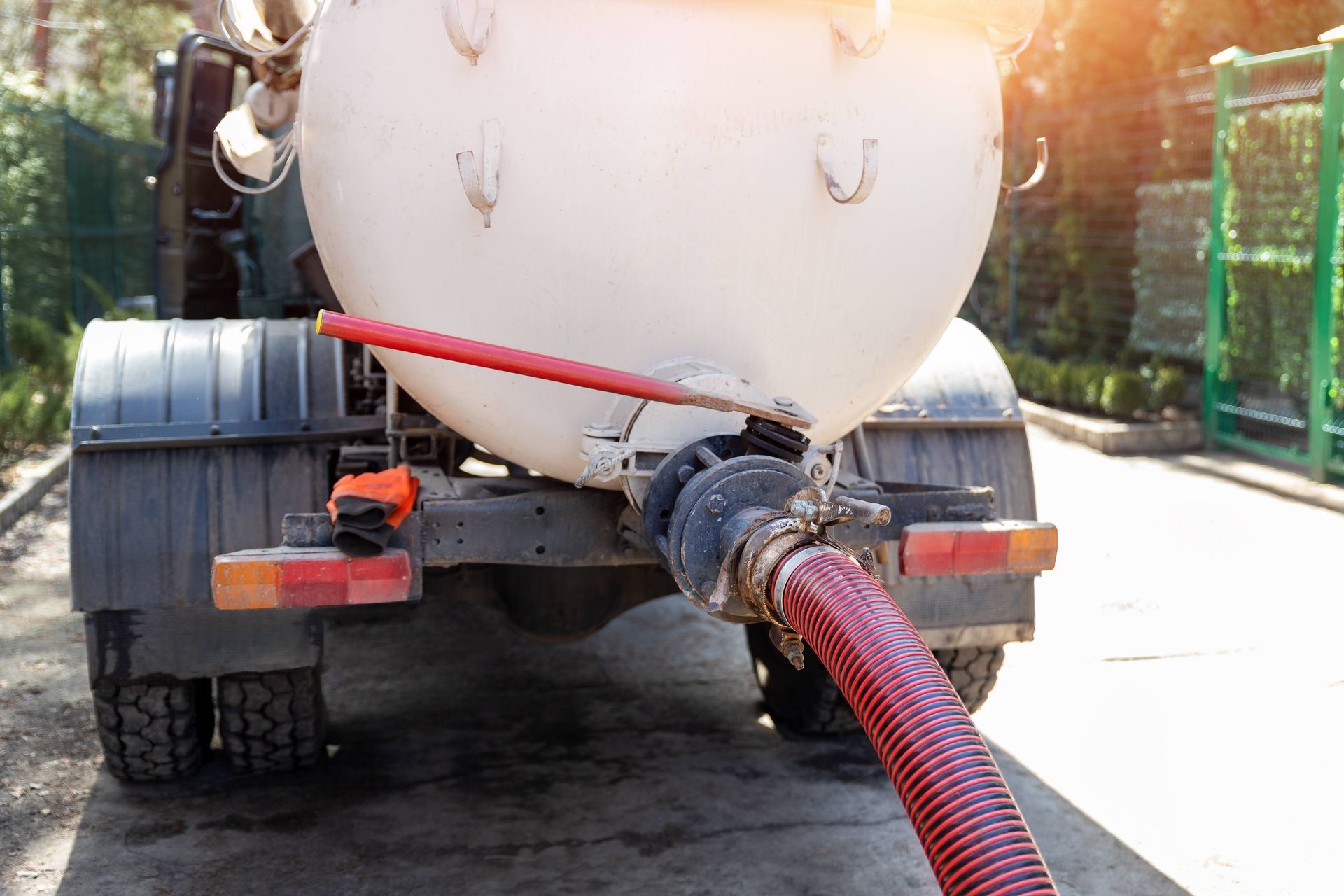Caring for Your Septic Drain Field

Maintain Your Septic Tank
- Be careful what you introduce to your septic system . Avoid placing anything into the septic system that could harm the tank, your groundwater, and drainage field. This includes household chemicals, antibacterial products, grease, and fats.
- Avoid using your garbage disposal . From eggshells and vegetable peels to chicken bones, if you have a garbage disposal, you might treat it like a second garbage bin. Unfortunately, using your garbage disposal too often will increase the number of solids in your tank, which will make it less efficient.
- Purchase "septic safe" products . Choose cleaners, toiletries, and other products that are safe for use in your septic tank.
Choose Your Landscaping Carefully
It is possible to landscape over your drain field, and in most cases, it is beneficial. Plants, grass, and foliage will help prevent soil erosion and increase the oxygen levels in the soil, which will help maintain your drain field. However, if you plant the wrong things, it might be detrimental to your drain field.
In most cases, planting grass is the best option. Grass is attractive, easy to maintain, and typically has a shallow root system. If you want to add a splash of color or add more depth to your landscaping, then you should only plant groundcover and plants that feature shallow root systems around your drain field.
Options
include lily of the valley, Irish moss, or lavender.
Avoid Putting Weight on the Drain Field
In order to break down waste, there must be oxygen present in your property's drain field. Unfortunately, if you place anything cumbersome or heavy on the drain field, not only will the heavy object cause damage to the field, it will also deprive the soil of oxygen.
Never place, park, or store any heavy objects on your drain field; this means you should never use your drain field as an overflow parking lot. In addition, you shouldn’t build any structures on your drain field. This includes building a deck or swimming pool. In addition to causing damage, building structures on your drain field will make it more difficult for professionals to access.
Know When It's Time to Replace Your Drain Field
If properly maintained, then your septic drain field can last up to 30 years. However, there are warning signs that indicate that there is an issue with a drain field. For example, one of the most common signs that your drain field needs to be inspected or replaced is frequent sewage back-ups and standing water in the field. Don't hesitate to contact a professional immediately if you experience either of these problems.
Taking good care of your drain field will extend its lifespan, and prevent a sewage backup. If you have further questions, then contact our experts at Bowen's Septic Tank.


